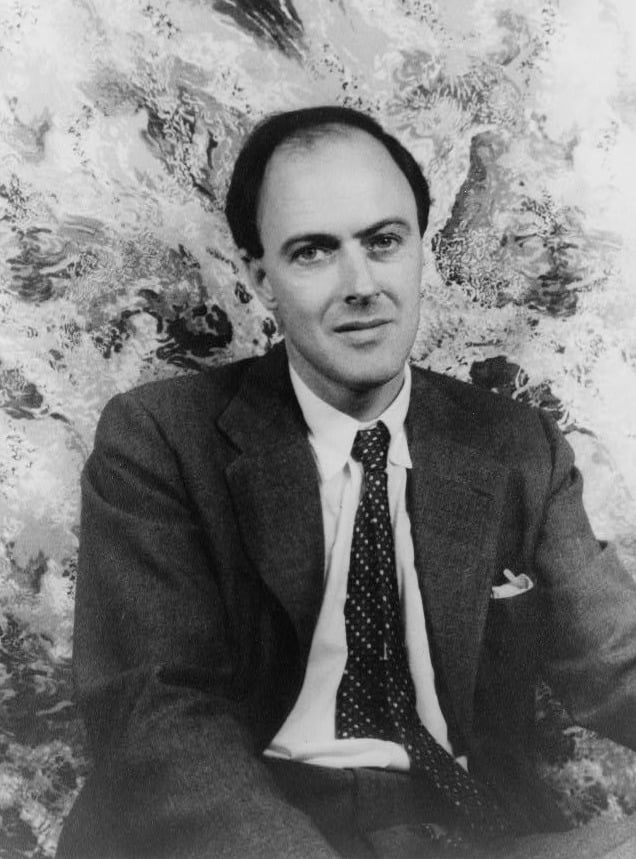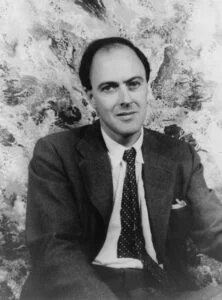How and when did your journey as a self-published writer begin? As a child, were you “always reading”? Did you fall in love with language at an early age, or find you naturally had a way with words? And did your muse arrive only in adulthood? British novelist Mari Howard posed these questions of ALLi's Facebook forum this week, triggering some interesting replies from around the world. Feel free to join our global discussion by adding your views in the comments box.
R R Lang (Australia): “I think people find their love of writing in many different ways. Often it's a channel for storytelling, in whatever form you have grown to love that medium.”
John Doppler (USA): “Writing is a craft; it can be learned like any other. However, if you don't love storytelling and working with language, it may be a poor choice for you. My friend struggles terribly with grammar and spelling, but she's committed to her craft, and she's learned to excel – she'll be publishing her second novel soon, with a third close on its heels.”
Mari Howard (England): “Interesting: what I'm trying to establish is, attitudes to what are often the received myths about writers…personally the ‘way with words' one annoys me when people say it of me – since I'm definitely the storytelling type – not the lover of words for themselves. I've no doubts about being here – in case anyone was wondering…”
J J Franklin (England): I'm a storytelling type too, and have to struggle with the rest. Am learning all the time though”!
Debbie Young (England): “I think there are heaps of people who grow up to be successful and enthusiastic writers to the great surprise of their teachers – Roald Dahl, for example, got terrible reports for his literary skills (and most other things), was always dreadful at grammar and spelling (and had great editors), but I think few would disagree that he was an amazing storyteller, for both children and adults. A trip to the Roald Dahl Museum where his old schoolbooks, reports and manuscripts are on display is very heartening for any writer!”
Eliza Green (Eire): “I never grew up wanting to be a writer, but I always loved grammar and spelling. Plus I tend to get over descriptive about things when I'm talking to people. One day, I just tried writing and liked that I could control the outcome of the story. The actual business of writing well took years. I'm still learning.”
Mari Howard: “So glad a famous writer was bad at spelling – as am I. I kind of hope that if Dahl had used a computer, he'd also have been prone to typos!”
How about you? Do tell!
To involve other author friends in the discussion, here's our suggested tweet to draw them in:
“Are writers born or made? Join the debate on the @IndieAuthorALLi blog: https://selfpublishingadvice.org/writing-are-writers-born-or-made/”






Born. I don’t think our species is ready for the manufactured human writer yet (though comnputes can replace simple sports writers in reporting of scores).
As you can see, a love of playing with words is helpful.
Once they’re born, though, they have to learn to read and write, and find the joy in it, or they won’t keep doing it.
The ability to publish indie – or even to create fan fiction – is letting a lot of people find out what they can write without stopping them all at the gatekeeper’s lodge.
I love this conversation! Thanks, Debbie, for putting it out for more comments. The one here I love most is ‘you are only a writer if you write’! So true! Yet the wannabes seem to abound… real writing can be hard, solitary grind and perseverance is very necessary even if your ‘characters live with you wherever you go’…! Not a romantic job…like doctors for example, we get romanticised (see my last blogpost http://writethinkedit.blogspot.co.uk/) – and, strangely, dictionary-writers!
I think writers are both born and made. Writing is a such a diverse medium. You have everything from best selling fiction stories to creative non-fiction all the way to technical writing. Each part of the pantheon has its own purpose and if you want to write but are not a ‘born’ writer, there are plenty of options. I think the thing that makes one a born writer is voice. Craft can be and is successfully taught and mastered. Voice I think is more innate and is the main element in a writer’s style. It’s the aspect that lets you know whose work you are reading, even before you see the author’s name. Getting the knack of writing seems to be the main issue barring the scribe from moving a work from the thought realm into form. Some worry too much about grammar and syntax and lose the flow of their writing. Anyway, I think those who are ‘made’ writers enjoy writing more as a tool for carving out their ideas and projects. Those who are ‘born’ writers DO love language and the wording of ideas. The sit up half the night writing not to meet a deadline but because their stories have taken them in and they are actively recording. Creativity has is both logic and imagination.
Are writers born or made? Well, the answer is simple. Yes.
But you are only a writer if you write. No one ever became a writer that did not write. Wanting or wishing to be a writer is not enough. Even if you have talent.
Then there is that “Q” word–quality. Fortunately, it really is not the writers problem beyond trying to always pursue the best you are capable of. Finish the work and then let the audience decide–that is their job.
I don’t think there’s any one answer. Writers come from all directions, early or late in life. We are all story addicts from birth, wanting to know what happened or will happen. Some then go off and make things happen in words. In fact we all do, constantly in our minds, fictionalise. Of course that only makes you a potential writer. That’s when the making of a writer might be born – a need to make some dream or experience permanent.
I believe it boils down to being a story teller and then finding your medium to share them in. Craft, rules, techniques can be taught, but they aren’t always learned. And this is where style/voice comes in to play.
I’ve always enjoyed the storytelling aspect. With a leaning toward music (early on) I struggled with the rigidness of practice schedules, etc. Later in life I returned to the written word and have found a place for my voice to be heard.